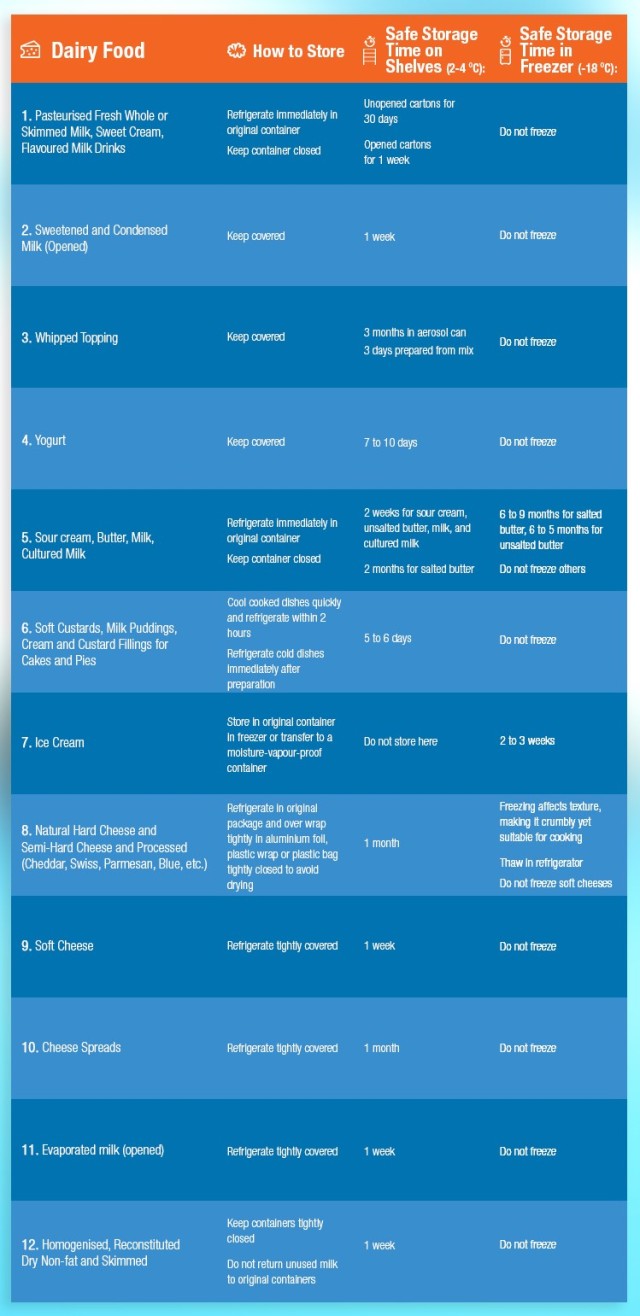
Milk is known for its essential nutrients. Rich in calcium, protein, carbohydrates, minerals, vitamins and fats that the body needs, according to milk.co.uk, a glass of milk a day contributes to the recommended intake of many important nutrients for all age groups. However, in order to preserve its freshness and obtain these nutrients, milk should be properly packaged and stored.
Importance of Cold Stores for Milk Products
1. To avoid contaminated milk products
Milk is almost sterile for the first three to four hours after extraction from cows and other types of livestock that produce milk. The natural inhibitors in milk, like lactoferrin and lactoperoxide, prevent any significant rise in bacteria. However, it is not safe to drink at this point.
The need for milk can be found in almost every household around the world. Milk should be preserved correctly in cold storage facilities with a temperature of 4 ⁰C; the cold temperature helps retard bacterial growth, preserving the milk’s quality for human consumption.
2. To prevent financial loss
Temperatures above 4 ⁰C tend to spoil milk rapidly. Milk that has been exposed to high temperatures simply cannot be sold, resulting in major financial loss to suppliers and retailers alike.
Good sanitation is important as it can prevent milk from causing illnesses like food poisoning. Cold storage can increase the shelf life and improve the quality of dairy products but perhaps more importantly, companies won’t need to worry about supplying their customers with dairy products that aren’t fit for consumption.
Milk Storage Product Guide
The chart below demonstrates the recommended storage times and temperatures for milk and other dairy products:

1Cold offers cold store options for food manufacturing facilities. Our wide range of temperature controlled environments delivers value engineered solutions for different industries, including businesses that produce and handle dairy products.